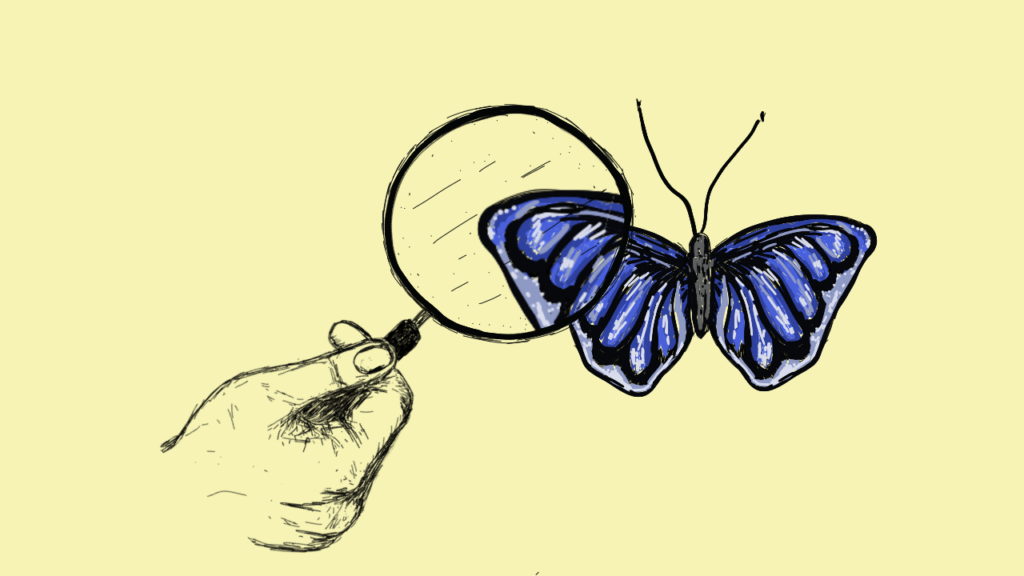
Cultivating self-awareness isn’t easy. An honest and serious look at our own behaviour and habits might not be such a pretty picture. But the fruits of expanded self-awareness are great. It helps us to do work that is important without constantly getting distracted. It helps us to cultivate inner strength to meet ongoing criticism and hurdles. It helps us to become more stable in a chaotic world. Investigating our own tendencies can be a powerful tool for emotional growth.
“… you should never give yourself a chance to fall apart because, when you do, it becomes a tendency and it happens over and over again.”
Elizabeth Gilbert – Eat, Pray, Love
If we spend enough time cultivating awareness, we might notice that we have certain tendencies that are not optimal. And if we’re really observant, we might even notice those tendencies are present in other areas of our life.
We might be careless with our health. If that’s the case, we can be certain that carelessness will show up elsewhere—maybe our relationships or career. If we tend to rush certain unpleasant tasks, a state of rushing will bleed into other tasks. Conversely, if we aim for presence and impeccability in our work, that state will infuse other areas of our lives.
Our tendencies might be much more subtle than that. It might be that we’re never really present because the evening in front of the TV is the only part of our day that we enjoy. Or our tendencies might resemble natural disasters: we fall into the most self-destructive pattern every time a protective part kicks in. This was certainly part of my experience. (Read this, if you’re interested in parts work.)
Whether our tendencies are enormously destructive or just slightly detrimental, investigating them can be a powerful tool for emotional growth.